A Different Light – 13 February 2021 – Time Government focused on real issues, not toys & ties
Government reports, reviews, strategies and determinations. Some of them can come with a certain kind of loftiness, a broadness that can border on being nebulous, offering nothing that gives a line in the sand or lays out a clear declaration. These can include the New Zealand Productivity Commission inquiry into local government funding, the New Zealand Disability Employment Action Plan or the Disability Action Plan 2019–2023 for that matter.
Other plans are far more direct and concise, forcing change smartly. The response to Covid 19 last March, when the Government put us all into level four Lock Down in a matter of days is a great example. Then there was the recent Climate Change Commission Draft Advice for consultation that directs our economy to deliver the political objective of reducing carbon omissions. On the face of it, the commissions advice seemed somewhat extreme, but also very necessary to achieve New Zealand’s obligations under the Paris Climate Accord. What piqued my attention, in a very self-interested way, was the advice to ban all new connections to LPG bottles in domestic houses for heating and stove tops by 2025.
We are in the process of building a new house and I was looking forward to a new gas powered hob. Apparently, this type of kitchen appliance will become redundant in the near future. I initially felt perturbed listening to interviews on Radio NZ around the debate between induction cook-tops and gas powered hobs. The debate was fierce and polarised. I always cook with cast iron cookware because it is so heavy. This means that the pots and pans don’t move around on the stove top, so I don’t have to steady them with one hand, which is good if like me you only cook with one hand. I was relieved to find out that cast iron does work on induction stove tops, as it looks like this is the way of the future.
Another ruling to come out of Parliament was from the Speaker of the House Trevor Mallard, who kicked the Co-leader of the Maori Party, Rawiri Waititi, out of the House, for allegedly breaking Parliament dress code by not wearing an orthodox tie. Waititi pushed back claiming that Mallard was forcing Indigenous people into wearing what he described as a ‘colonial noose. I used to wear ties but’, like my brothers I have a fairly wide neck. As men’s business shirts are sized according to the neck circumference I found I was wearing shirts with the sleeves that were far too long. Even when I rolled them up I felt like a Chimpanzee when I wore them. Then there was the issue of tying a tie which is totally out of the league of my dexterity. I got around this issue by sending ties to a tie manufacturer who specialised in putting ties onto an elastic neck piece, which would work well until the odd exuberant colleague would pull my tie exposing the schoolboy like ensemble. These days, like most New Zealanders, I’m not worried about wearing a tie, and certainly would not want to be constrained by one if by some remote chance I entered Parliament. Time to move with the times, Parliament, and to focus on representing the diversity of our people, not mandating some hysterical, historical adherence to the conformity of that most useless part of male attire –the oh so last century- tie.
And speaking of important mahi – last year I wrote about the Health & Disability System Review about how Disability was added onto the Review as an after thought and about the need for Disability to be reviewed through a different lens other than Health. Over the last two weeks there has been a sizeable reaction to that Review in Northland. We have learned that two different proposals have been submitted to the Government for consideration by the Health Sector Reform Transition Fund. One from the Northland DHB and another from Maori health providers called the Oranga Maori Entity for $300 million and supported by Mahitahi Hauora. The latter proposal has caused outrage with local Northland GP’s who feel that they were not consulted and that the relationship between them and Primary Health Entity has been irreparably damaged. Our local health sector in Northland appears to be fairly divided to put it mildly. Let’s hope our government can provide the leadership to pull it together as it is a service that we all depend upon. Yep, time to put away the toys and ties and get on with the mahi at hand.
Jonny Wilkinson is the CEO of Tiaho Trust – Disability A Matter of Perception, a Whangarei based disability advocacy organisation.
